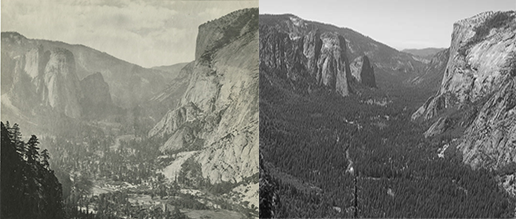
PERC Reports: Environmental Policy in the Anthropocene
This special issue of PERC Reports explores the policy implications of the Anthropocene.
Read more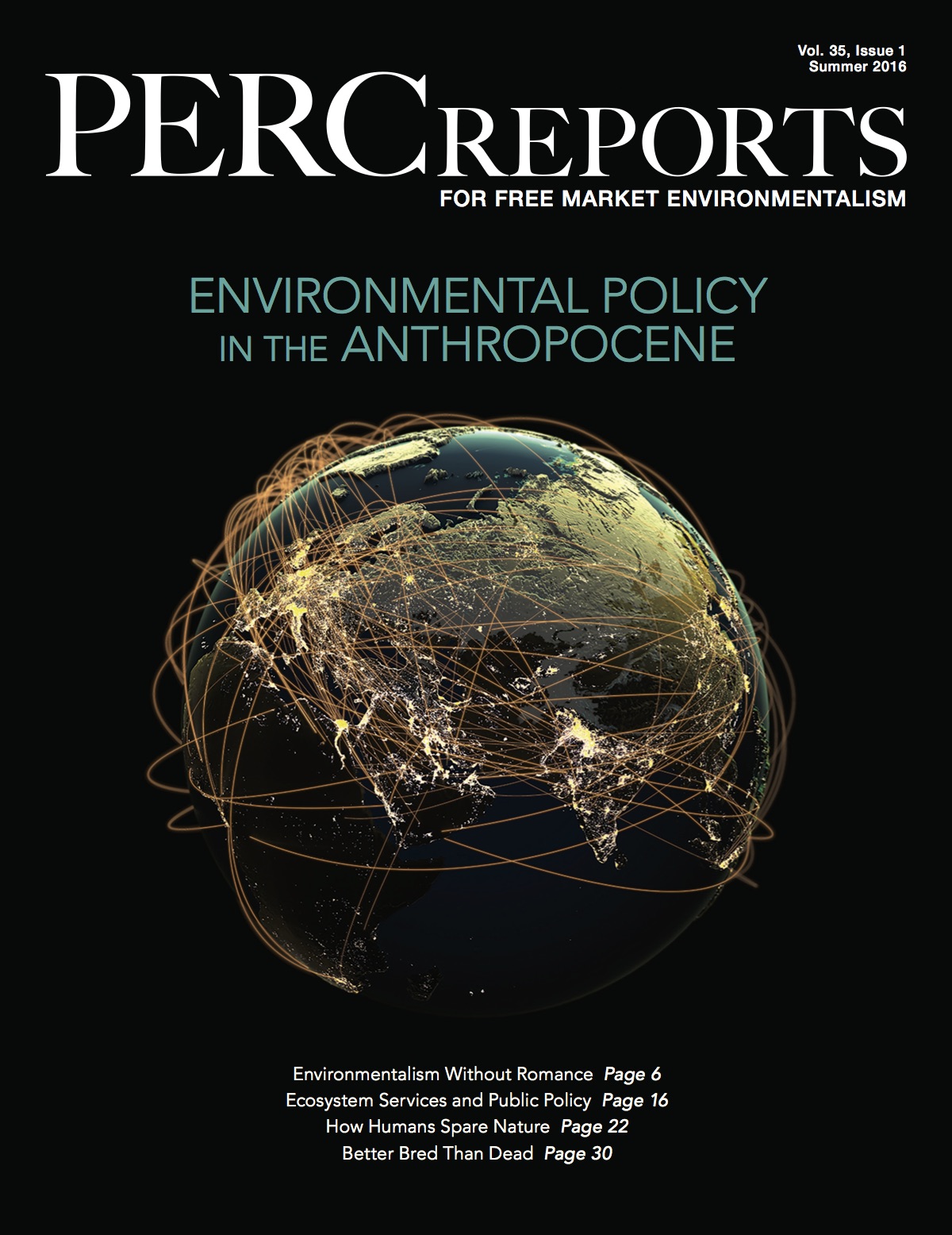

This special issue of PERC Reports explores the policy implications of the Anthropocene.
Read more
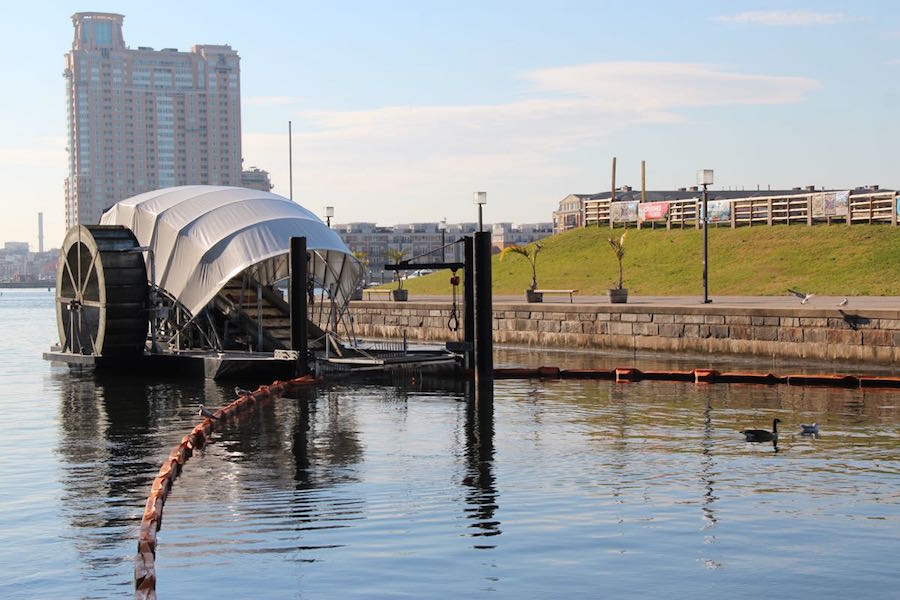
Crowdsourcing data to remove plastic from waterways—and (one day) earn a profit.
Read more

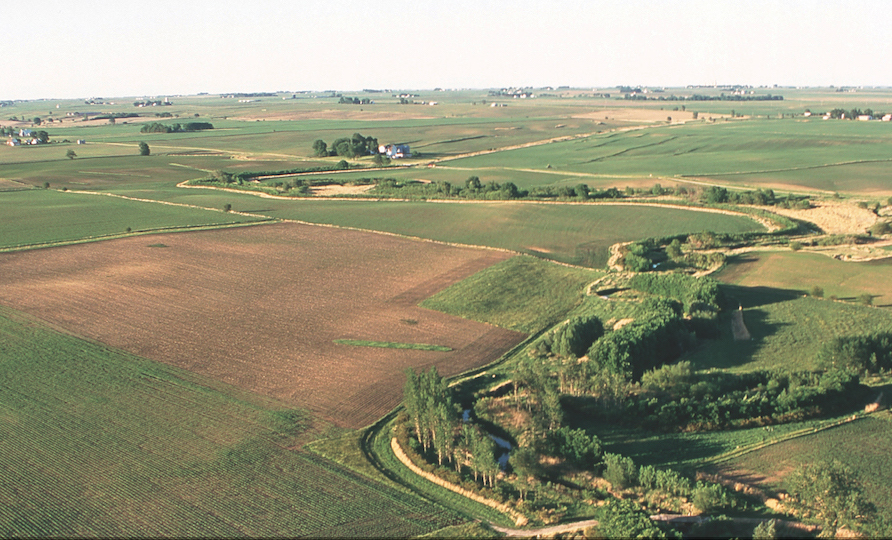
Are ecosystem services really valuable enough to justify conservation?
Read more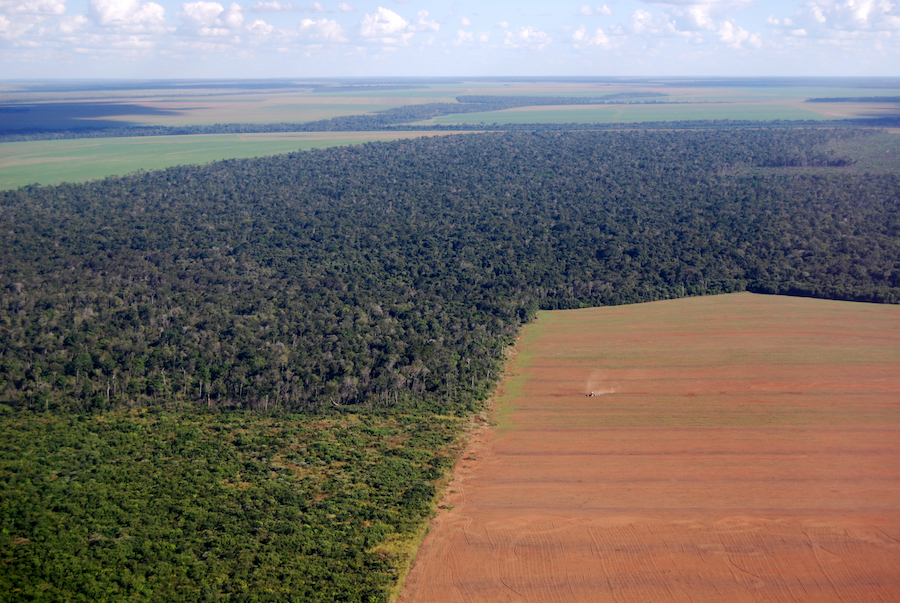
We conserve nature by using less of it—but to do so we must embrace modern technology.
Read more

Why bison were worth more dead than alive in the 19th century.
Read more